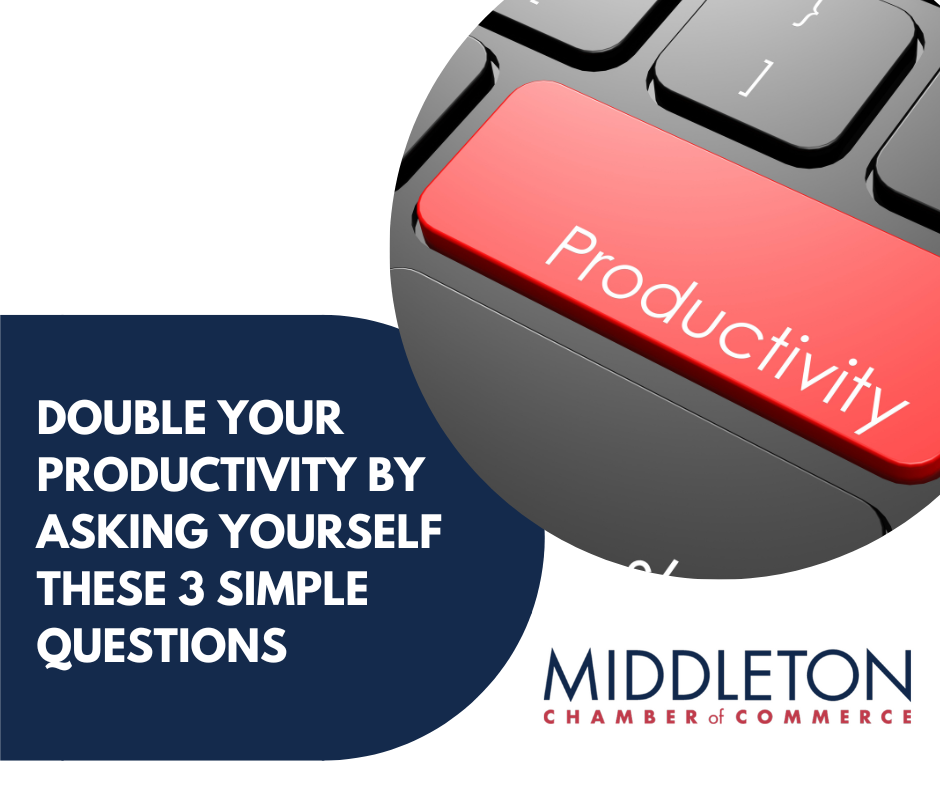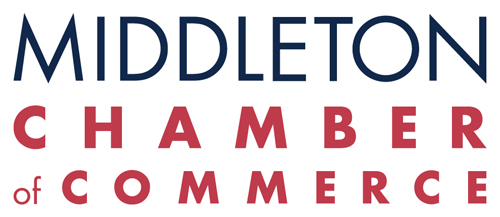Double Your Productivity by Asking Yourself These Simple Questions

Meetings get a bad rap for limiting productivity from the day. While work-from-home and office hybrid hours have changed how we attend meetings, meetings themselves are still a staple of everyday office life.
When meetings are called because of a false sense of urgency, or one that's simply sharing information, it's easy to feel frustrated and get "meeting burn-out." An overabundance of meetings may take time away from client care or work on a project, and today's workplace indeed feels like meeting overload.
As cited by the Harvard Business Review, there are a few contributing factors to meeting overload, and many of these reasons are intrinsic to our collective behavior and psychology. The ego demands attention, and people may see urgency when, in fact, there is none. Another reason for too many meetings can be our inability to communicate clearly about issues surrounding the job at hand. The overabundance of communication platforms, from Zoom and Slack to emails, pings, texts, and even phone calls, can contribute to the uncertainty of what's actually going on.
Meetings can be a centralized location to get everyone on the team up to speed at once and open the door for questions and discussion without sorting through messages on several different platforms. It's pretty clear to many people that their current mode of communication in the office isn't sustainable.
While there are advantages to meetings, they may often be unnecessary, or the attendees may not all need to be there. If you're suffering from meeting overload and it's affecting your ability to complete regular client tasks or your share of a project, you may need to trim the fat from your schedule.
Do I Need a Meeting? Essential Questions to Ask
If you're debating whether you need to attend a meeting, ask yourself two questions:
- Is there anything to gain by attending that I can't gather from meeting notes or a recording?
- Do I have anything to contribute?
If the answer to both is "no," politely decline and ask for a summation of the meeting notes. You can follow up with the meeting organizer with any questions you might have.
If you're debating whether to hold a meeting, there are three key questions to ask before sending out that calendar invite:
- Can I accomplish the same results by sending out an informative email?
- If I can't send an email or message, why is this meeting necessary? If you can't think of an important reason to have a meeting, postpone it until you do have one
- If I need to hold this meeting, will everyone I'm inviting have something to contribute? If an attendee isn't bringing information that's critical to your work to the table, or if they can gain what they need from a recording of the meeting or the meeting notes, then strike the from the list
Make Meetings Small, Short, and Sweet
Steve Jobs had a practical outlook on meetings, making them short and small. Small, as in no more than five attendees, and short, with five minutes allotted per person. The agenda should be purposeful and focus on just one or two critical points.
If the meeting ends before the resolution of these points or before the agenda is completed, follow up with notes about what remains to be resolved, and determine whether a follow-up meeting will be effective.
Bottom Line
You can easily cut the glut of meetings from your schedule by following these tips. A critical approach to meetings opens up your schedule and affords you time to focus on your current projects. As you continue to approach meetings with an eye towards their overall value, you may also see your ability to communicate improve, as well.

